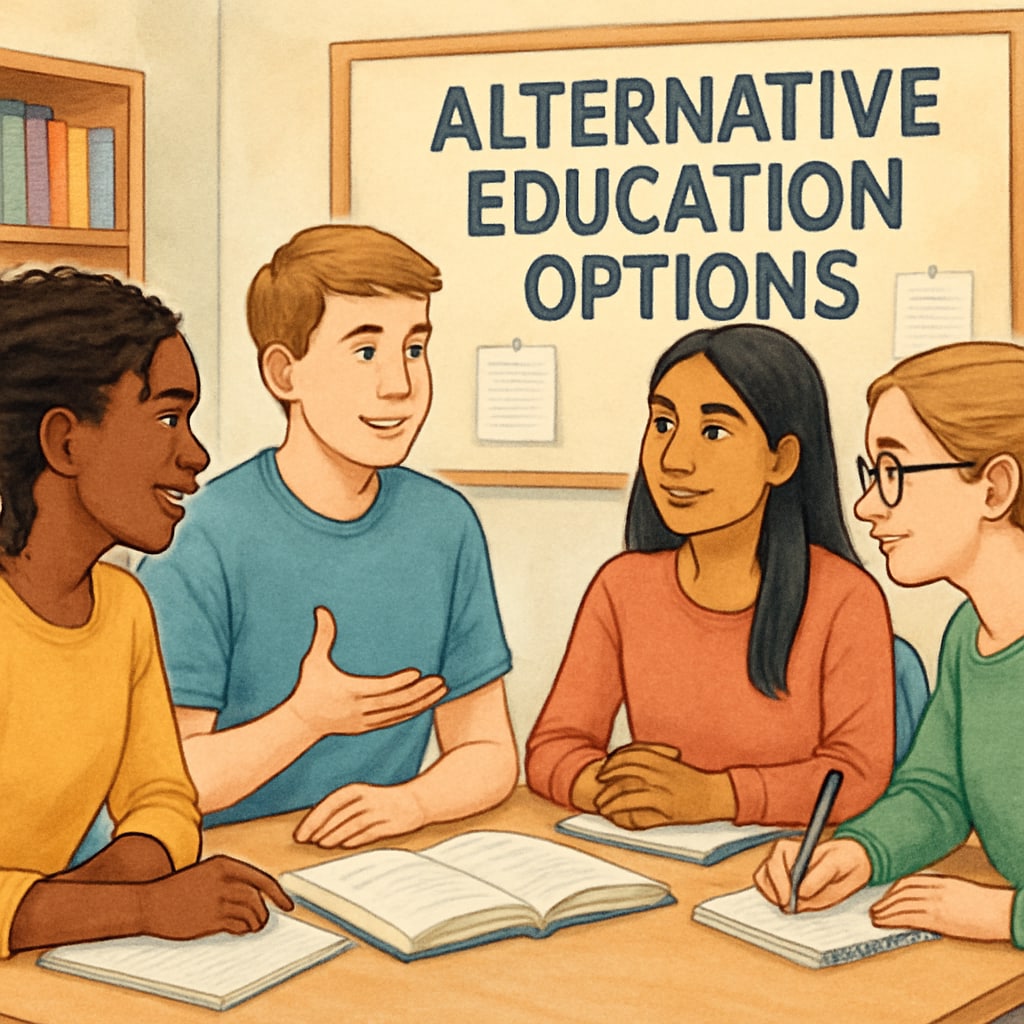For many students, GCSE results can feel like the defining moment of their academic journey. The pressure to meet expectations often heightens academic concerns and raises questions about long-term career prospects. However, while GCSE grades are important, they do not paint the full picture of a student’s potential. This article examines the impact of disappointing results, highlights the limitations of traditional assessment systems, and explores alternative pathways to success, proving that one exam does not dictate your future.
The Psychological Impact of GCSE Results
Receiving lower-than-expected GCSE grades can be a crushing experience for students. These results are often viewed as a reflection of ability and a determinant of future opportunities, which can lead to feelings of failure, anxiety, and self-doubt. In addition, societal expectations and comparisons with peers exacerbate these emotions, leaving many students questioning their worth and their career aspirations.
It’s crucial to remember that academic success is not the only indicator of intelligence or capability. Emotional resilience, creativity, problem-solving, and interpersonal skills are equally valuable traits that cannot be measured by exam results alone. Educators, parents, and society as a whole must recognize this and encourage students to view setbacks as opportunities for growth rather than endpoints.

Limitations of Traditional Assessment Systems
The GCSE system, like many standardized exams, has inherent limitations. It prioritizes rote learning and the ability to perform under time constraints, often neglecting other forms of intelligence and talent. This system can disadvantage students who may excel in hands-on, practical, or creative fields but struggle with traditional academic formats.
Furthermore, one-size-fits-all exams fail to account for individual learning styles, socio-economic factors, or personal challenges, such as health issues or family responsibilities. Consequently, they may not provide an accurate representation of a student’s potential or capabilities. This limitation underscores the need for a more holistic approach to education and assessment.
Exploring Alternative Education Pathways
For students whose GCSE results do not align with their aspirations, alternative education routes can provide a second chance to shine. Vocational qualifications such as BTECs (Business and Technology Education Council) focus on practical, industry-specific skills and are widely recognized by universities and employers. These courses offer a valuable alternative for students who thrive in a more applied learning environment.
Apprenticeships are another excellent option, combining on-the-job training with classroom instruction. They allow students to earn while they learn and gain real-world experience in their chosen field. This practical approach to education not only builds technical skills but also enhances employability.
Additionally, foundation courses and access programs can help bridge the gap between GCSEs and higher education. These programs are designed to support students in meeting the entry requirements for university or specialized training, offering a stepping stone to their desired career path.

Redefining Success in Education and Career
Success in education and career should not be confined to a single definition or pathway. While GCSEs are one measure of achievement, they are not the only route to a fulfilling career or a meaningful life. By embracing alternative paths and recognizing diverse talents, students can redefine what success means to them.
It’s also essential to shift societal perceptions. Employers and educational institutions are increasingly valuing skills such as adaptability, teamwork, and innovation over traditional academic metrics. Highlighting these attributes in applications and interviews can help students stand out, regardless of their GCSE scores.
In conclusion, while GCSE grades can open doors, they are not the only key to success. By exploring alternative pathways and focusing on personal growth, students can overcome academic setbacks and build a brighter future. Remember, your potential is far greater than what a single exam can measure.
Readability guidance: Keep paragraphs concise, use bullet points for clarity where possible, and ensure smooth transitions between sections. Incorporate varied sentence structures to maintain reader engagement.


